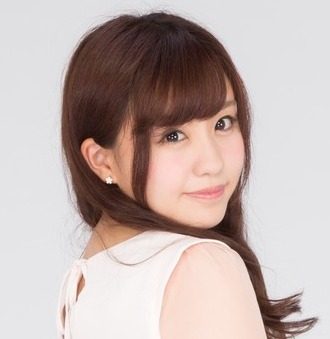Antonym:おもい (omoi) vs. かるい (karui)
What is the difference between “おもい(omoi) and かるい(karui)”? Which is used as the meaning of “heavy”? After reading this, you would be answering this question. Let me introduce what their subtle differences are and how you correctly use them such as native speakers today!
おもい (omoi)
Heavy / 成人 / 무겁다 / Người lớn
“おもい(omoi)” means “Heavy” and which has been used as the meaning of “weighing a lot”. The basic ways to use it are that “___は/がおもい。(___ is heavy.)”, etc. For instance, “彼はおもい。(He is heavy.)”, “彼女はおもい。(She is heavy)”, “これはおもい。(This is heavy.)”, etc. Everyone could use “おもい” as casual, polite and formal such as “これはおもいよ。(This is heavy.)” as casual and “これはおもいです。(This is heavy.)” as polite and formal. Kanji of “おもい” is “重い”.
\ Learn Japanese language online with a personal native teacher!/
Sample
かばん重いよー。持ってくれない? (My bag is heavy. Can you take this bag?) (这个包好重啊,你能帮我拿一下吗?) (가방 무겁네. 들어주지 않을래?) (Cái túi nặng quá. Cầm giúp tôi có được không?)


重い荷物を持ったので腰が痛い。 (I carried some heavy stuff and now my lower back hurts.) (我搬了很重的东西,导致现在腰好痛。) (무거운 짐을 들어서 허리가 아파.) (Vì mang hành lý nặng quá nên lưng tôi bị đau.)


それは重そうですね。手伝いましょうか? (That looks heavy. Can I help you?) (那个似乎很重呢,需要我帮你吗?) (그거 무거워 보이네요. 도와드릴까요?) (Cái đó trông có vẻ nặng nhỉ. Tôi giúp bạn một tay nhé?)


この箱重すぎるよ。 (This box is too heavy.) (这个盒子太重了。) (이 상자 너무 무거워.) (Cái hộp này quá nặng.)
かるい (karui)
Light / 儿童 / 가볍다 / Trẻ em
“かるい(karui)” means “Light” and which has been used as the meaning of “not weighing a lot”. The basic ways to use it are that “___は/がかるい。(___ is light.)”, etc. For instance, “彼はかるい。(He is light.)”, “彼女はかるい。(She is light)”, “これはかるい。(This is light.)”, etc. Everyone could use “かるい” as casual, polite and formal such as “これはかるいよ。(This is light.)” as casual and “これはかるいです。(This is light.)” as polite and formal. Kanji of “かるい” is “軽い”.
Sample


軽そうだね。 (That looks light.) (它看起来很轻啊。) (가벼워 보이네.) (Trông có vẻ nhẹ nhỉ.)


この鞄は軽くて持ちやすいよ。 (This bag is light and easy to carry.) (这款包很轻,很好拿。) (이 가방은 가볍고 들기 편해.) (Cái túi này nhẹ nên cầm rất dễ dàng đấy.)


軽くお昼を食べました。 (I had a light lunch.) (我稍微吃了一点午饭。) (가볍게 점심을 먹었습니다.) (Tôi đã ăn nhẹ một chút cho bữa trưa rồi.)


この箱軽すぎるよ。 (This box is too light.) (这个盒子太轻了。) (이 상자는 너무 가벼워.) (Cái hộp này quá nhẹ.)
\ Learn more! /









Comments